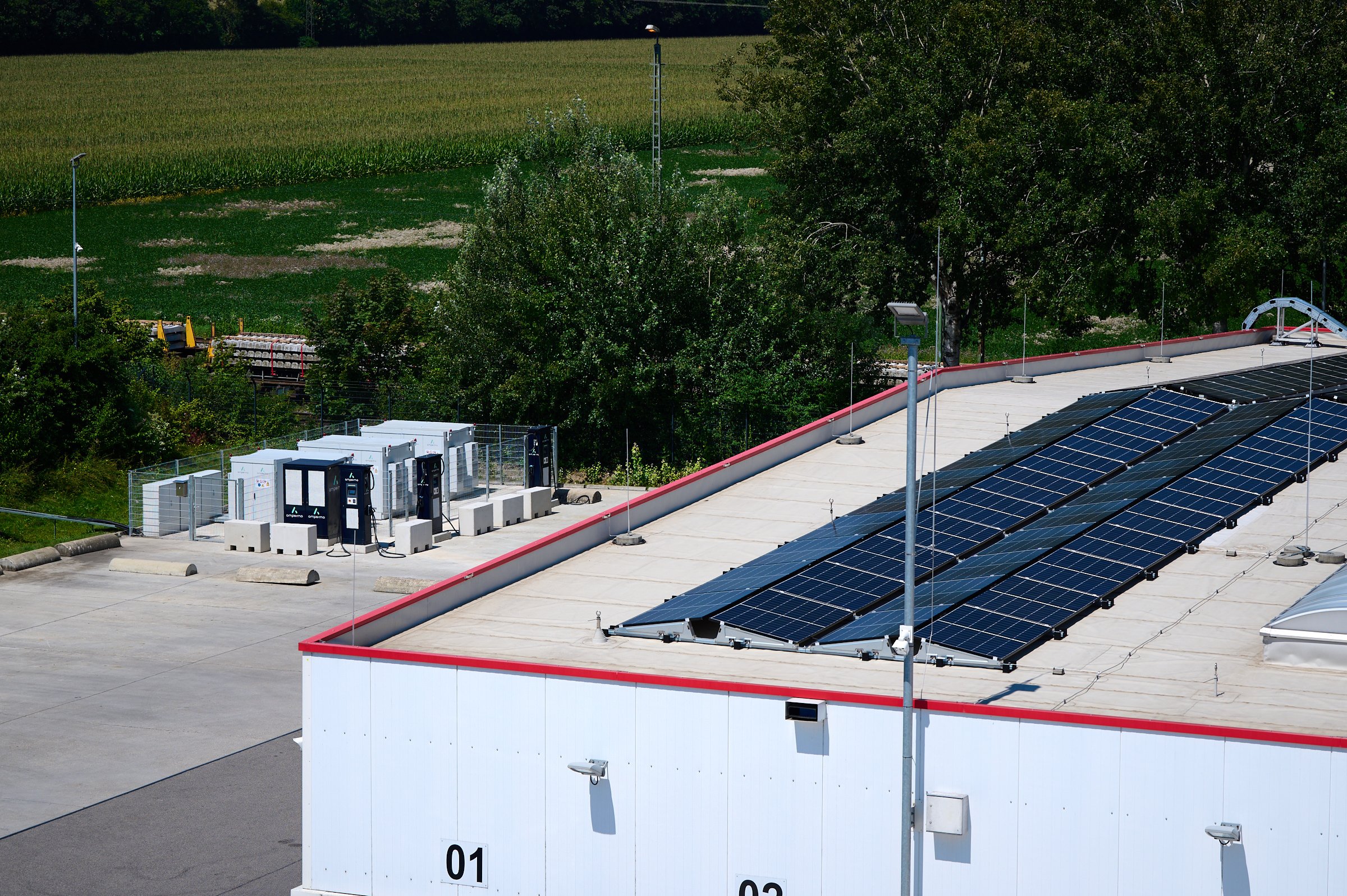For commercial and industrial customers, the challenges in electricity procurement are increasing rapidly. Overloaded grids, rising grid charges and bottlenecks in electricity connections pose major challenges for many companies.
- Grid expansion: According to BDEW, more than 250 billion euros will have to be invested in grid expansion by 2030 alone – which will lead to further increases in levies and charges.
- Dynamic grid fees: In future, grid fees could fall when little electricity is drawn from the grid – and rise when consumption is high. This offers opportunities for companies with flexible processes, but can be painful for companies with less controllable processes.
- Bottlenecks in electricity connections: The electrification of vehicle fleets, the switch from gas to electricity in industry and the expansion of data centers are increasing the demand for electricity enormously. The expansion of connections is costly and can take years – which jeopardizes competitiveness.
Solutions for industry and commerce
In order to meet these challenges, it is worth looking at innovative energy sources and intelligent systems. In 2024, photovoltaic systems in combination with large battery storage systems have once again become more attractive in terms of price. Together with intelligent energy management, they offer cost-efficient answers:
𝟏. No grid fees, levies and electricity tax: Locally generated PV electricity is exempt from this.
𝟐. Flexible power: Buffer PV power and grid energy to provide high power when needed.
𝟑. Clever use of dynamic grid charges: Avoid peak loads and draw residual power more efficiently.
𝟒. Long-term stability: Constant electricity costs with PV electricity over many years.
We are happy to support you in reducing energy costs and future-proofing your power supply – without tying up capital and without additional resources for project implementation.

